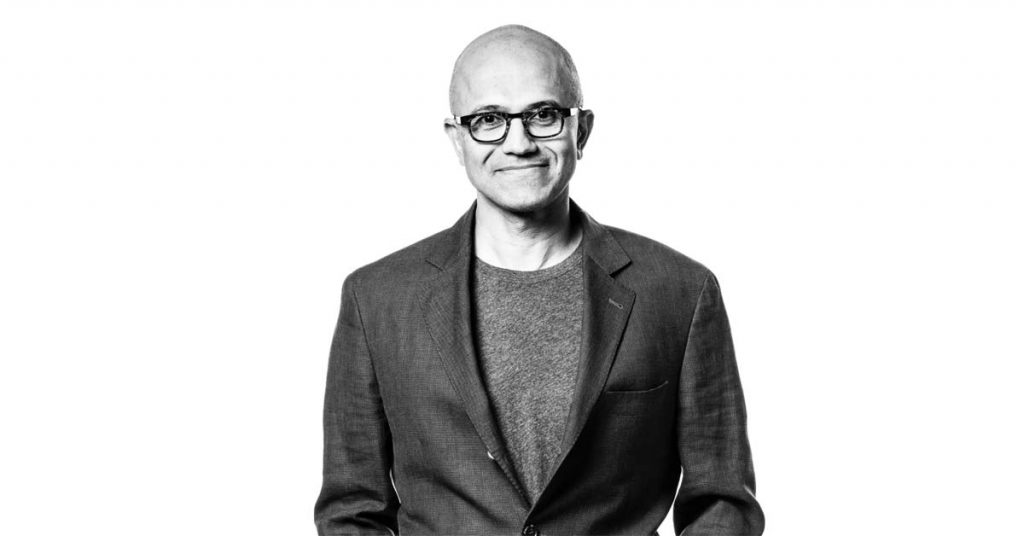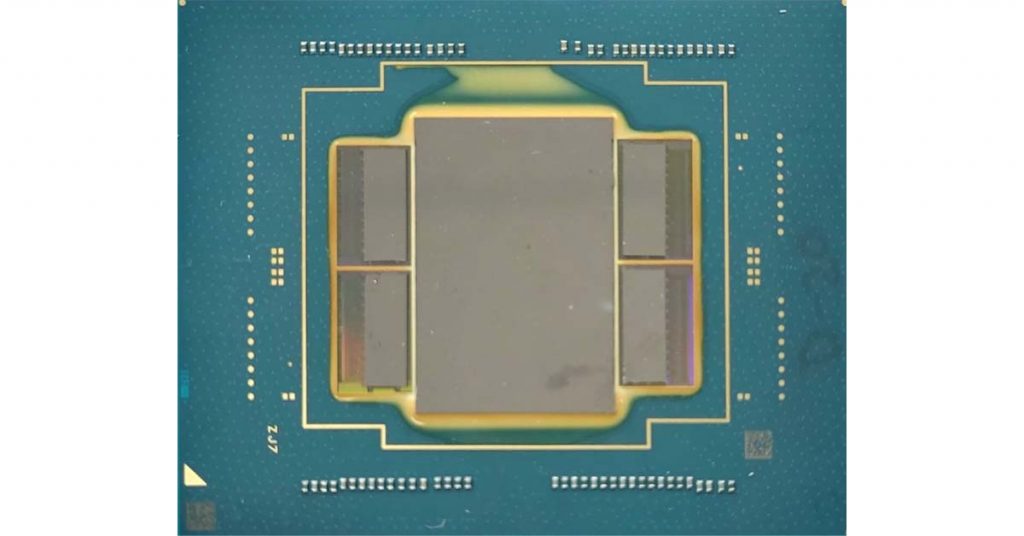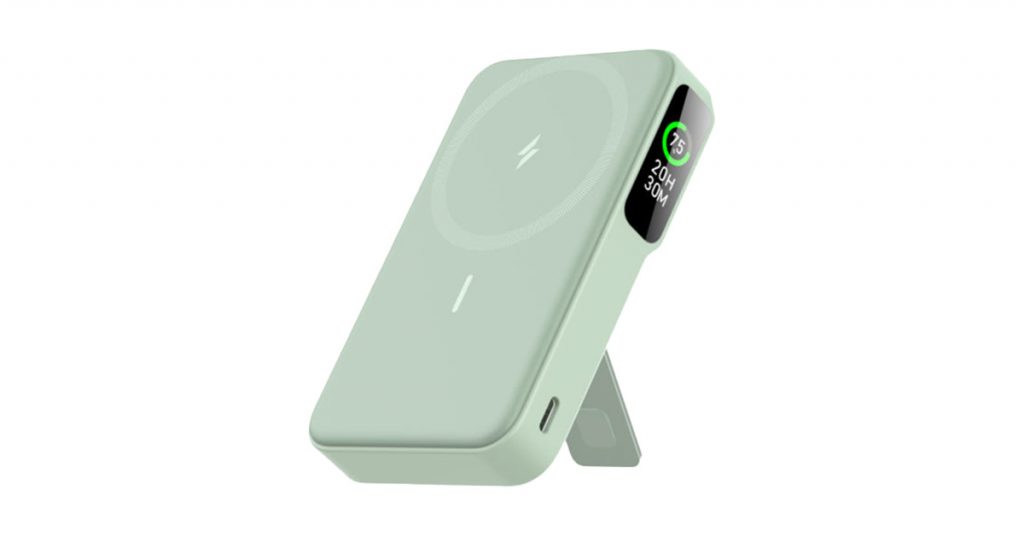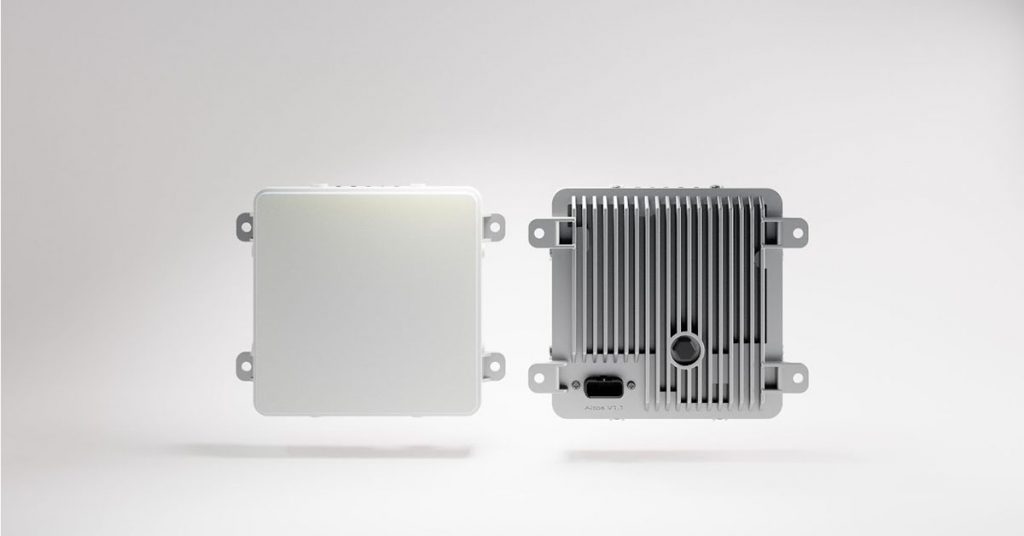Meta appears to be fully dedicated to developing hardware that will bring about a completely new world, and appears to be distancing itself from the games that have been driving its VR business.
Meta rebranded itself to be forever linked to the emerging metaverse, and their hardware is designed to be our portal into this virtual world. However, when users put on a Meta Quest 2 headset, it’s typically to play games like Beat Saber, Tetris, or Pistol Whip, and not to access the metaverse. This suggests that Meta doesn’t understand that their product is primarily a game console rather than a gateway to the metaverse.
Recently, my colleague Alex Heath reported on Meta’s roadmap for VR and AR headsets. These include smart glasses controlled by neural interface, similar to those developed by North in 2019, and an AR headset named Orion, which is expected to project high-quality holograms of avatars onto the real world and launch in 2027. These are costly and ambitious projects that demonstrate Meta’s commitment to the metaverse. However, their first attempt, the Meta Quest Pro, was a complete failure, with poor software that was meant to serve as the gateway to the metaverse. If Meta’s take on the metaverse continues to be subpar, they will struggle to compete in this space.
Despite Meta’s struggles with the metaverse, the company has excelled in the VR space. While VR is meant to be a part of the metaverse, Meta’s existing product lineup suggests that they are primarily good at producing a gaming console that people enjoy using. According to reports from The Verge, Meta’s VP for VR, Mark Rabkin, informed staff that the company has sold over 20 million Quest headsets, which includes both the Quest and Quest 2. IDC previously estimated that Meta had sold approximately 15 million Quest 2 headsets, indicating that the Quest 2 makes up a significant portion of the total number sold. Although this may seem like a small figure, it’s important to note that the Nintendo GameCube sold only 21 million consoles during its entire lifespan, and the Xbox Series X and S are estimated to have sold roughly 20 million consoles thus far.
Looking at the Quest 2 as a game console, it has done reasonably well in terms of sales. Despite Meta’s aspirations for VR headsets to be integral to the metaverse, the Quest 2’s top software consists mainly of games, and early adopters in the consumer market purchase VR headsets for gaming purposes. The Oculus Rift, HTC Vive, and PSVR were all initially adopted by consumers as video game consoles, rather than for metaverse exploration. The push for the Quest 2 to be a metaverse device has not resonated with consumers as much as Meta had hoped. According to Mark Rabkin, Meta’s Vice President for VR, newer cohorts are less interested in the metaverse aspect, as they primarily purchased the device for gaming. In contrast, early adopters were excited to play games, and that was their primary motivation for purchasing the headset. The newer users are seeing ads for Horizon Worlds, which is a problematic software that even the developers do not want to use.
Meta is focusing on pushing metaverse experiences onto users, but it seems to be ignoring the core gamer audience and not doing much to build it. Beat Saber, which is considered VR’s killer app, is already four years old, and no other VR game has managed to capture the attention of gamers in a similar way. People are not seeing their friends play great games like Pistol Whip and rushing out to buy a Quest 2. This platform does not have a game like Super Mario Bros. or The Last of Us driving adoption, and this is where Steam and Sony have an advantage. They understand that killer AAA game experiences are necessary for a VR platform, and they invest in both software and hardware. However, Meta is not doing the same. While it has bought up several studios, including Beat Saber’s, it has announced the launch of two-year-old games at Meta Connect and closed the servers for one of the earliest multiplayer hits on the platform. Even former consulting CTO at Meta, Carmack, seems to understand the importance of games to the platform, unlike Meta. He has pointed out that taking away people’s games to work on a metaverse that no one wants yet is a bad idea.
Meta is currently working on its third Quest headset, but it seems to be making the same mistake that other tech companies that moved into game consoles have made. For instance, the high launch price of the PS3 cost Sony crucial ground in its war against the Xbox 360, and the latter won the console wars that generation. Similarly, the Quest 3 is expected to cost more than its predecessor at launch, and while the price has not been announced, Rabkin has hinted that it will cost consumers “a bit more” than the Quest 2. This is not good news, given that the Quest 2 costs more now than it did at launch. Therefore, Meta needs to realize that it is on the verge of making the same mistake that other tech companies have made when moving into game consoles.
Meta plans to justify the increased cost of the Quest 3 by highlighting its new features and capabilities in comparison to the Quest 2. The company wants to prove to consumers that the added power and features are worth the price hike. To do this, they plan to focus on mixed reality, with the aim of making the experience feel more natural and intuitive. However, this strategy may not be successful, as it is similar to Microsoft’s approach with the Xbox One, which failed to resonate with gamers who preferred the Playstation 4. Additionally, the poor performance of Meta’s current expensive mixed reality headset suggests that a more expensive console focusing on unproven experiences is unlikely to build a mixed reality audience. Meta plans to release a fourth headset in 2024 that is expected to be more affordable and powerful. However, in 2023, consumers may be left with a pricey gaming console that aims to take them on a journey they are not yet interested in.









